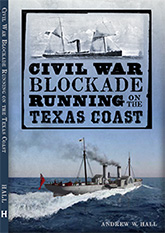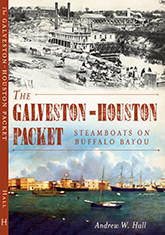
Amid the tributes and commentary on the passing of Nelson Mandela, I didn’t have anything particular to add. But then I read this, by my friend Emily L. Hauser, that cuts like a clarion bell through all the well-intentioned hagiography that’s filling the airwaves right now. I hope she will forgive me for repeating it here in toto:

Mandela strove for nonviolence, yet when forced, resisted violently. He refused to renounce the right of the oppressed to violent resistance, yet after being released from prison, Mandela worked closely with former enemies. His work was fundamentally political, both radical and practical. We should be made uncomfortable by Mandela’s example – not just celebrate it, but study it. We make assumptions, and cherry-pick, and want to file off edges we don’t like, but the work of the righteous should always make us uncomfortable.

_____________
Nelson Mandela in 2009 Photo by Media24/Gallo Images/Getty Images.


![]()





Josh Marshall, who’s made his name as a political news guy but trained academically as an historian, expands on this:
Hi Andy – Thanks for posting this. Josh Marshals comments are interesting, but not everything he said is complete. Mandela’s admiration for (bad guys) like Castro is probably well founded. Castro was one of the few leaders that helped the African people. Heck – Castro did better than most American Presidents. During these times, American was friends with guys like the fascist Pinochet and drug dealers like Noriega. In this case, we shouldn’t throw any stones at Castro. I would think that if the civil war has taught us anything, it is that government must have a moral standard. Otherwise, the war over slavery meant nothing.
The outrage against apartheid didn’t really start until America became outraged with Jim Crow. And it was a slow demise which did not end with the help provided by American’s like President Reagan. It was not his finest moment. But we can look at the bright side, compared to the present Congress, we can say that in the Congress that overrode Reagan’s veto on South Africa sanctions was a Congress we can be proud of.
Mandela truly rose to the challenge. The country survived without a civil war. He was a great man.
As I tell my students, Americans are perfectly comfortable with white people who use violence to achieve change, think George Washington or Abraham Lincoln, but we want non-white heroes to be non-violent, and preferably spontaneous, not strategic.
I’m not ok with the white revolutionaries of the confederacy…
When I was in school, my school handed out little paperbacks from the South African government showing happy blacks in the bantustans. This would have been in the early 1970s in New York.